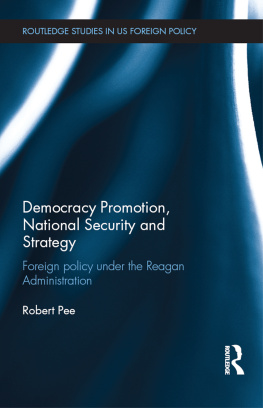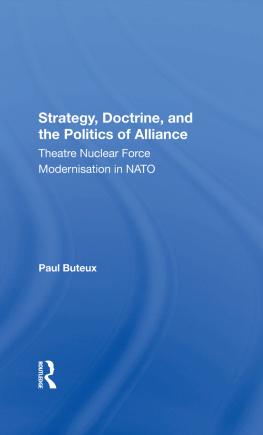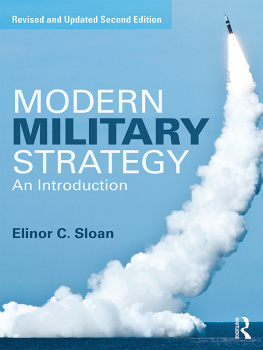Jason W. Warren - Landpower in the Long War: Projecting Force After 9/11
Here you can read online Jason W. Warren - Landpower in the Long War: Projecting Force After 9/11 full text of the book (entire story) in english for free. Download pdf and epub, get meaning, cover and reviews about this ebook. City: Lexington, year: 2019, publisher: University Press of Kentucky, genre: History. Description of the work, (preface) as well as reviews are available. Best literature library LitArk.com created for fans of good reading and offers a wide selection of genres:
Romance novel
Science fiction
Adventure
Detective
Science
History
Home and family
Prose
Art
Politics
Computer
Non-fiction
Religion
Business
Children
Humor
Choose a favorite category and find really read worthwhile books. Enjoy immersion in the world of imagination, feel the emotions of the characters or learn something new for yourself, make an fascinating discovery.

- Book:Landpower in the Long War: Projecting Force After 9/11
- Author:
- Publisher:University Press of Kentucky
- Genre:
- Year:2019
- City:Lexington
- Rating:4 / 5
- Favourites:Add to favourites
- Your mark:
Landpower in the Long War: Projecting Force After 9/11: summary, description and annotation
We offer to read an annotation, description, summary or preface (depends on what the author of the book "Landpower in the Long War: Projecting Force After 9/11" wrote himself). If you haven't found the necessary information about the book — write in the comments, we will try to find it.
Landpower in the Long War: Projecting Force After 9/11, edited by Jason W. Warren, is the first holistic academic analysis of American strategic landpower. Divided into thematic sections, this study presents a comprehensive approach to a critical aspect of US foreign policy as the threat or ability to use force underpins diplomacy. The text begins with more traditional issues, such as strategy and civilian-military relations, and works its way to more contemporary topics, such as how socio-cultural considerations effect the landpower force. It also includes a synopsis of the suppressed Iraq report from one of the now retired leaders of that effort. The contributorsmade up of an interdisciplinary team of political scientists, historians, and military practitionersdemonstrate that the conceptualization of landpower must move beyond the limited operational definition offered by Army doctrine in order to encompass social changes, trauma, the rule of law, acquisition of needed equipment, civil-military relationships, and bureaucratic decision-making, and argue that landpower should be a useful concept for warfighters and government agencies.
Jason W. Warren: author's other books
Who wrote Landpower in the Long War: Projecting Force After 9/11? Find out the surname, the name of the author of the book and a list of all author's works by series.










